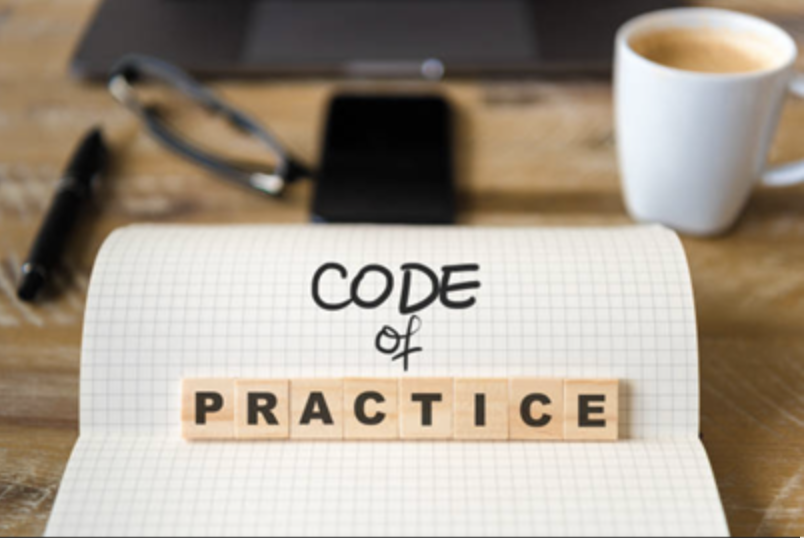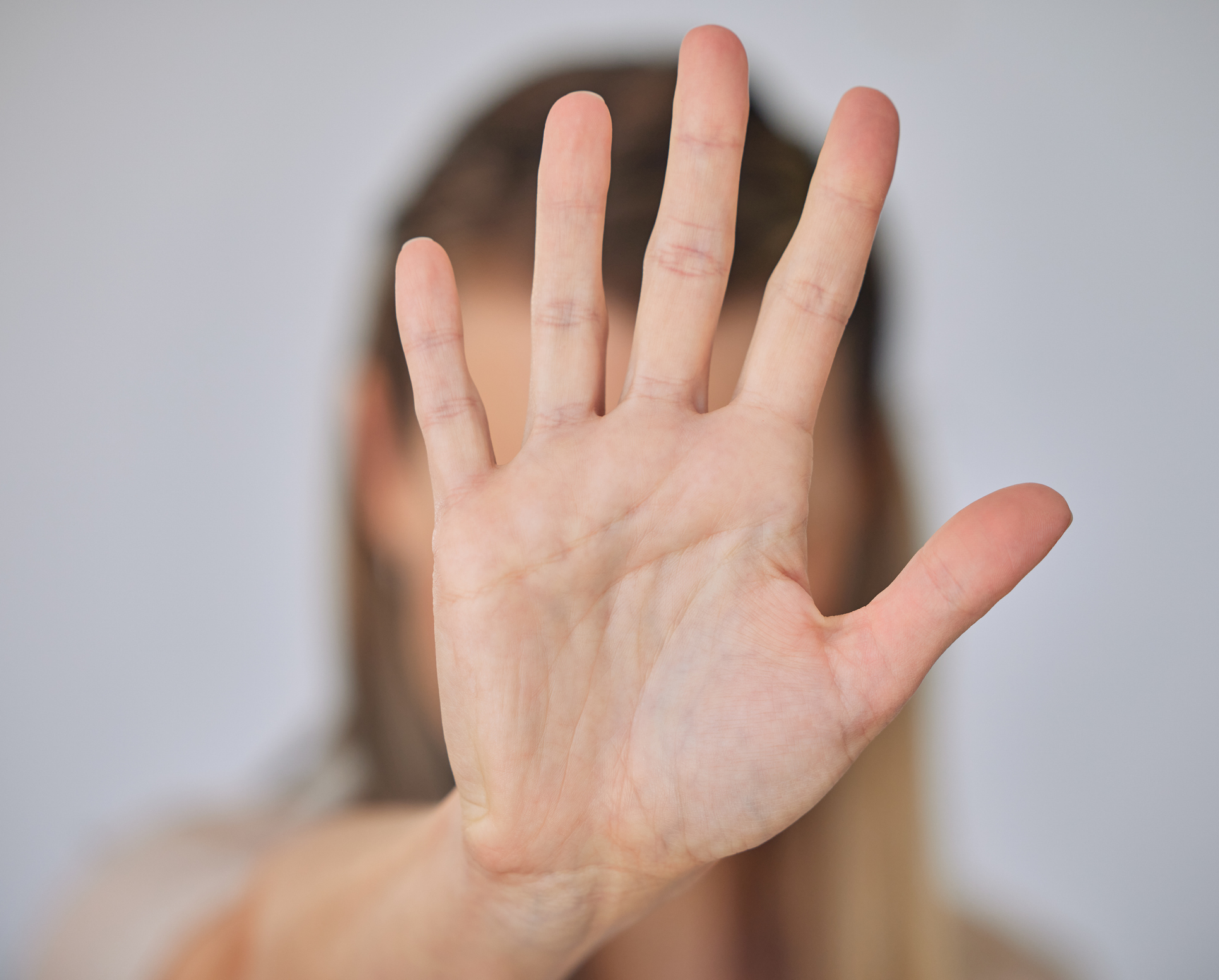Pressure on Government as ABS Releases Sexual Harassment Data
New data from the Australian Bureau of Statistics (ABS) estimates that 5 million women (53 per cent) and 2.2 million men (25 per cent) aged 18 years and over have experienced at least one incident of sexual harassment in their lifetime.

New data from the Australian Bureau of Statistics (ABS) estimates that 5 million women (53 per cent) and 2.2 million men (25 per cent) aged 18 years and over have experienced at least one incident of sexual harassment in their lifetime.
The ACTU said the numbers emphasise the critical need for the federal government to implement all recommendations of the Respect@Work report, and the 28 recommendations of the Set the Standard report on systemic workplace issues in Parliament House.
Will Milne, ABS Director of the National Centre for Crime and Justice Statistics said the most common sexual harassment behaviour that women experienced was inappropriate comments about their body or sex life (33 per cent or 3.1 million women) followed by unwanted touching (30 per cent or 2.8 million women).
For men, it was unwanted touching (13 per cent or 1.1 million men).
The new analysis found women and men who had experienced sexual harassment in their lifetime were more likely to have also experienced sexual assault.
“We found 30 per cent of women and 14 per cent of men who had experienced sexual harassment had also experienced sexual assault,” Mr Milne said. “This is compared with 2.7 per cent of women and 1 per cent of men who had not experienced sexual harassment but had experienced sexual assault,” Milne said.
The analysis found that younger people were more likely to experience sexual harassment.
“Our analysis found the likelihood of experiencing sexual harassment decreased with age. Over a 12-month period, 38 per cent of women and 16 per cent of men aged 18 to 24 years experienced sexual harassment, compared with 7.1 per cent of women and 5 per cent of men aged 55 years and over.”
The data also showed that those who had difficulties meeting basic living expenses due to a lack of cash flow were over twice as likely to experience sexual harassment as those who did not experience such difficulties.
“Over a 12-month period, 31 per cent of women and 21 percent of men who had difficulties meeting basic living expenses experienced sexual harassment, compared with 14 per cent of women and 7.4 per cent of men who did not have these difficulties and experienced sexual harassment,” added Mr Milne.
The federal government was presented with a comprehensive list of recommendations to address sexual harassment at work in early 2020. Of the 12 legislative changes recommended, six have been made into law.
The ACTU said the Government must get serious about addressing the systemic issue of sexual harassment in workplaces, and immediately implement all the recommendations including:
- Amend the Sex Discrimination Act to place a positive duty on employers to take reasonable steps to prevent sexual harassment at work
- Expressly prohibit sexual harassment and introduce a new quick and easy complaints process in the Fair Work Act
- Empower the Sex Discrimination Commissioner to initiate her own enquiries into systemic sexual harassment and sex discrimination
- Develop a WHS Code of Practice on preventing sexual harassment at work
ACTU President Michele O’Neil said the Government has the power to act to make workplaces and society safer for women.
“The federal government has immense power to address these issues and this Government has been presented with multiple reports and dozens of recommendations. Australian women deserve a government which is willing to act to improve their lives.”





